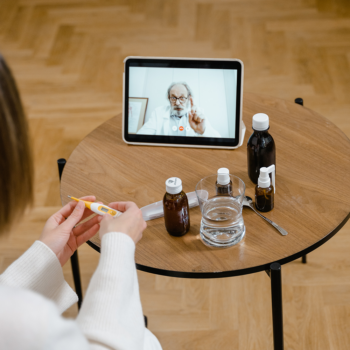The COVID-19 pandemic upended the U.S. health care system, putting enormous strain on providers and hospitals, and discouraged patients from in-person visits. By forcing us to find innovative ways to deliver quality care, it exposed the inefficiencies and unnecessarily high costs of some existing practices and showed that new methods like telehealth could provide equally good care for less money.
As bitter and tragic as the COVID-19 crisis has been, it pushed us to rethink how we measure value and effectiveness in health care and expand our view of what counts as quality care.
At the Stanford Byers Center for Biodesign, where we train and mentor health technology innovators, we have long emphasized the importance of value-conscious care. We hope the experiences of the past year will accelerate an approach to health care innovation and delivery that optimizes patient outcomes while also taking value and cost-effectiveness into consideration.
Read the full article at Newsweek.
This article was produced by Footnote in partnership with Stanford Byers Center for Biodesign.





